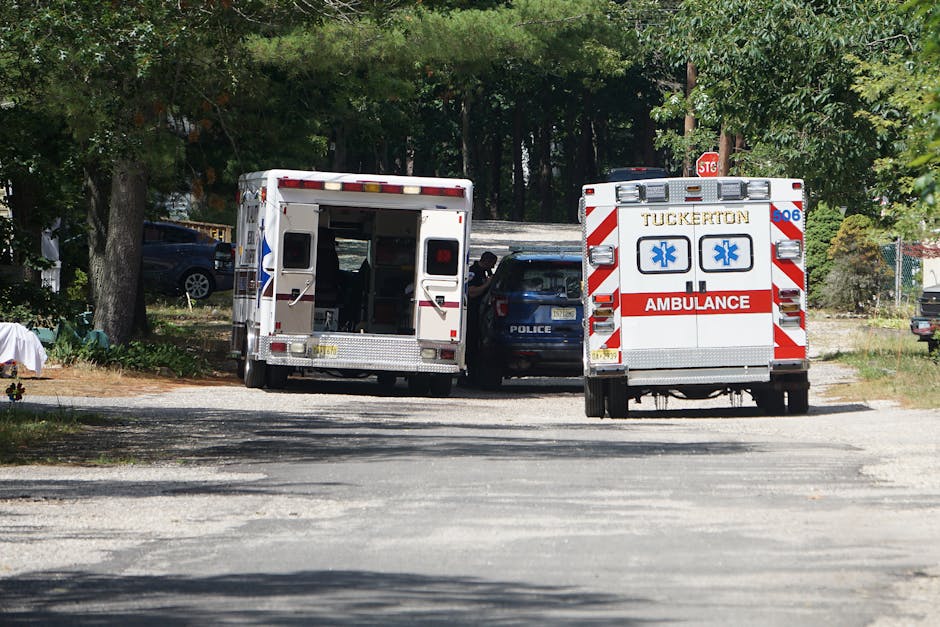New Delhi – In a landmark move that bridges India’s foundational past with its digital future, the Jawaharlal Nehru Memorial Fund (JNMF) has announced the complete digitization of its vast collection of papers belonging to India’s first Prime Minister. This monumental effort promises to unlock a treasure trove of historical documents for scholars, students, and the public worldwide. But in a fascinating twist, the project’s completion has sparked a new beginning: a nationwide hunt for long-lost letters that could fill the remaining gaps in the Nehruvian narrative.
A Treasure Trove for a New Generation
For decades, the Nehru archive housed at the Teen Murti House in New Delhi has been a pilgrimage site for historians. Within its climate-controlled rooms lie over 30 volumes of the Selected Works of Jawaharlal Nehru, containing thousands of manuscripts, official notes, diary entries, and personal letters. These documents form the bedrock of our understanding of post-independence India.
The digitization project changes everything. What was once accessible only to those who could physically visit the capital is now set to be available at the click of a button. This democratisation of history is unprecedented, allowing anyone to delve into Nehru’s original writings. The move not only preserves these fragile documents for posterity but also opens the fully digital Nehru archive to a new generation of scholars who can use modern tools for analysis.
The Hunt for Long-Lost Correspondence
However, the JNMF is acutely aware that the official collection isn’t the whole story. This has prompted the second, and arguably more exciting, part of their announcement: a public appeal for “long-lost correspondence.”
Jawaharlal Nehru was a prolific letter writer. Beyond official communication, he corresponded with a wide spectrum of people – artists, scientists, writers, activists, and even ordinary citizens. Many of these letters are now believed to be cherished family heirlooms, tucked away in old trunks or filed in forgotten folders. These are the missing pieces of the puzzle the JNMF is now seeking.
How You Can Contribute to History
The Fund is urging families and individuals across India and the diaspora to come forward if they possess any original letters written by or to Nehru. The goal is not to take possession of these precious heirlooms, but to add a digital copy to the central archive.
The process is simple:
* Contact the JNMF about any correspondence you may have.
* Allow the organization to photograph or scan the documents.
* Your contribution will be added to the digital archive, helping create a more complete historical record.
Why Every Letter Matters: A More Human History
This search for long-lost correspondence is crucial. These personal letters often reveal a side of a leader that official documents cannot. They can offer unfiltered opinions, personal reflections, and a glimpse into the human relationships that underpinned the politics of the era.
A letter to a provincial party worker could reveal grassroots political dynamics, while a note to an old friend could shed light on his personal anxieties during a national crisis. This initiative transforms the public from passive consumers of history into active participants. The search is on, and the undiscovered past is waiting to be found.




